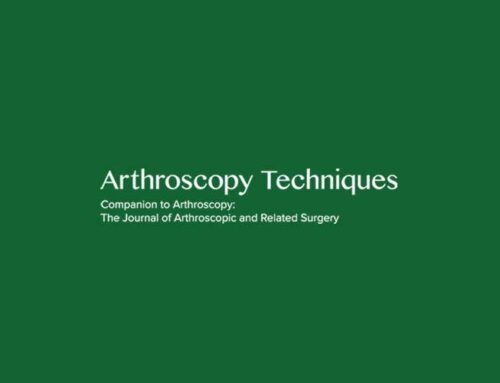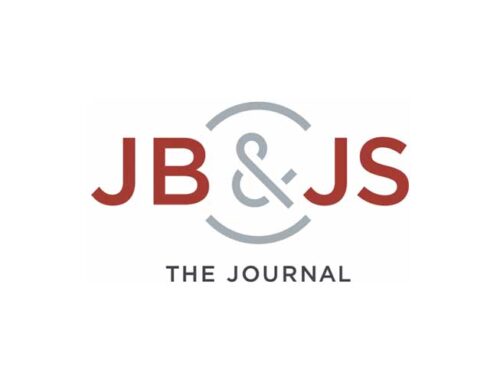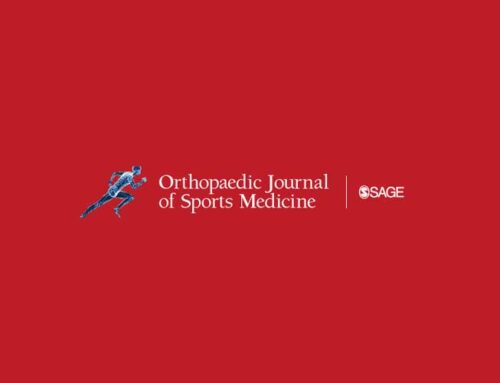BACKGROUND:
Endoscopic surgical repair has become a common procedure for treating patients with gluteus medius tears. However, meaningful clinical outcomes after the procedure have not been defined.
PURPOSE:
To (1) define the minimal clinically important difference (MCID) and patient acceptable symptomatic state (PASS) in patients undergoing endoscopic gluteus medius repair and (2) determine correlations between preoperative patient characteristics and achievement of MCID/PASS.
STUDY DESIGN:
Case series; Level of evidence, 4.
METHODS:
A retrospective review was performed of prospectively collected data from all patients undergoing primary endoscopic repair of gluteus medius tears between January 2012 and February 2017 with a minimum 2-year follow-up. Patient data collected included patient characteristics, radiographic parameters, preoperative clinical function scores, and postoperative patient-reported outcomes (PROs). Paired t tests were used to compare the differences in 2-year PROs. The MCID and PASS for each PRO were calculated and Spearman coefficient analysis was used to identify correlations between MCID, PASS, and preoperative variables.
RESULTS:
A total of 60 patients were included in the study. A majority of patients were female (91.7%), with an average age and body mass index of 57.9 ± 9.91 years and 27.6 ± 6.1, respectively. The MCIDs of the Activities of Daily Living (ADL) and Sport-Specific (SS) subscales of the Hip Outcome Score (HOS) and the modified Harris Hip Score (mHHS) were calculated to be 15.02, 14.53, and 14.13, respectively. The PASS scores of HOS-ADL, HOS-SS, and mHHS were calculated to be 81.32, 67.71, and 77.5, respectively. In addition, 76.7% of patients achieved either MCID or PASS postoperatively, with 77.8% and 69.0% reaching at least 1 threshold score for achieving MCID and PASS, respectively, and 48.3% achieving both MCID and PASS. Smoking had a negative and weak association with achieving PASS (r = -0.271; P = .039). No other patient characteristic variables were found to correlate with achieving MCID or PASS.
CONCLUSION:
In patients undergoing endoscopic gluteus medius repair, our study defined MCID and PASS for HOS-ADL, HOS-SS, and mHHS outcome scores. A large percentage of patients (76.7%) achieved meaningful clinical outcomes at 2 years after surgery.









